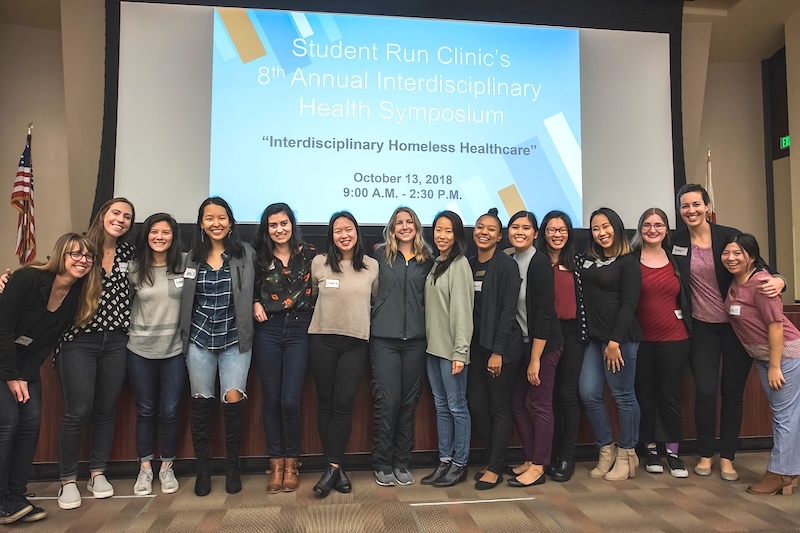Student Blog
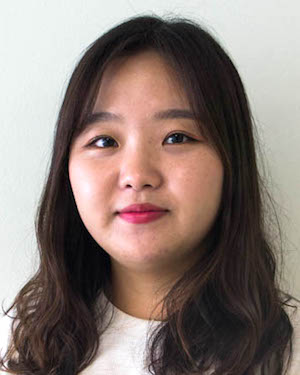
Pre-Master’s Program for International Students ⟩
October 29, 2018, by Goeun
Admissions International Life Hacks
Many international students think that they should be prepared all before they apply for a Master’s Program and before they come to study abroad. However, there is one other way which I did and I want to introduce to you. I learned English in the USC International Academy before I start my Post-Professional Master’s program in our division. The program was called Pre-Master’s Program and I’ll tell you more detail.
- How to apply
The process of application is basically the same: we need a personal statement, letter of recommendation, GPA, but one major difference is that we don’t need GRE score yet to get into Pre-Master’s Program. Actually, this program helps us prepare GRE and meet the score. Also, there is no specific deadline but be sure to think about the start date of your Master’s Program. - What to learn
Once you apply for the program and get admitted, that means you’re conditionally accepted to Master’s Program! In the Pre-Master’s Program, you’ll learn three core courses which are writing & grammar, reading & vocabulary, and communication skills, and two elective courses depending on your choice (e.g., GRE, public speaking, job-ready, American cultures, academic integrity, etc.). - How to transfer to Master’s Program
To transfer to Master’s Program, you need to get an average B score in core courses and C on your elective courses. Also, depending on your Master’s Program, you need to meet your GRE score during the Pre-Master’s Program.
For me, it was a great experience to not only learn English and different teaching styles from my country but also meet many students from different countries and different majors. If you want to apply to school but worried about your English proficiency, think about this way!
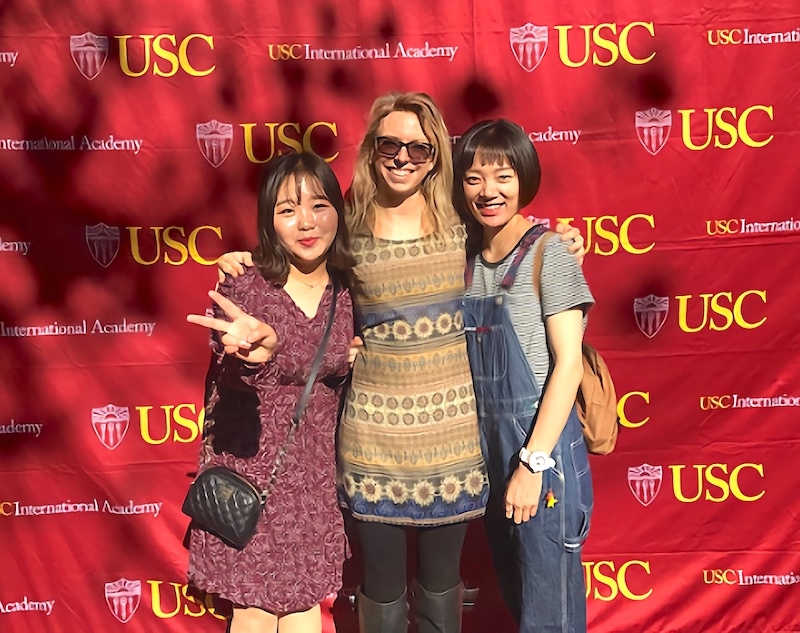
Ending ceremony is held each semester to celebrate students who graduate from USC International Academy.
⋯
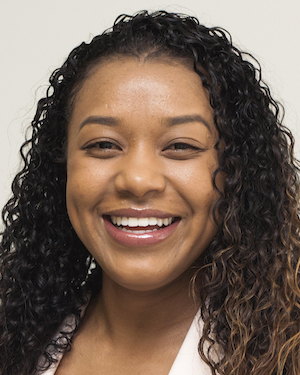
Student Run Clinic’s 8th Annual Interdisciplinary Health Symposium ⟩
October 29, 2018, by Serena
At USC Student Run Clinic‘s (SRC) 8th Annual Interdisciplinary Health Symposium, students from Medicine, Physician Assistant (PA), Pharmacy, and Occupational Therapy (of course!) programs explored healthcare topics related to homelessness in Los Angeles.
There were many honorable guest speakers doing fantastic work in their respective fields. One was a Physician Assistant and USC alumni, Brett Feldman. However, his documentary Close to Home: Street Medicine was nominated for an Emmy so he was unable to make it.
Another honorable speaker discussed her experiences receiving healthcare as a woman living on Skid Row. She shared her wisdom and advised us to
- meet the patient where they are at or else we will experience burnout.
- put the person first and not the chart, start off by asking, “How are you today?”
- make sure our services come from the heart.
She was asked, “What is the most difficult thing about being homeless?” She replied back that the cold, wind, and finding a restroom were the most challenging aspects about being homeless. Her next comment struck me, which was that “No one teaches you how to be homeless.”
As an OT student I was intrigued by this statement. OTs acknowledge how lifestyle changes when one becomes homeless. We focus on developing ways to address challenges that come with new daily activities such as changes in sleep and toileting routines. It was a huge eye opener that the area that she listed to be her number one challenge was a specific area that OTs address.
Dr. Stephanie Moon, who is an occupational therapist at the Student Run Clinic advocated so passionately and eloquently about the many ways that OTs can help promote health in the homeless population. She proudly stated how OTs are the “Masters of Function”, how our secret sauce is activity analysis (looking at how difficult a task may be for a person), and the importance of addressing occupational deprivation (the loss of ability to participate in activities that are meaningful). Dr. Stephanie Moon stayed true to the creativity that OTs bring to the healthcare system by sharing a story on how she compiled recycled cardboard to create an elevated surface that would allow a patient who was homeless to experience better sleep quality.
Attending the 8th Annual Interdisciplinary Health Symposium was a wonderful experience. I loved gaining different perspectives and learning about more ways to better advocate for the field of OT.
Occupational therapy students representing the profession at the Student Run Clinic’s 8th Annual Interdisciplinary Health Symposium
⋯
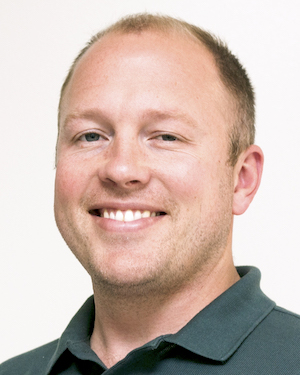
2018 OTAC Conference Student Knowledge Bowl ⟩
October 27, 2018, by Evan
This weekend is the annual conference of the Occupational Therapy Association of California (OTAC) and I am having the time of my life. What a privilege to spend a weekend learning more about unique and meaningful applications of occupational therapy from future colleagues, and spending time with my professors and fellow students in a professional setting. This morning was the annual student knowledge bowl, and I’m happy to report USC had a great showing. We took 2nd place overall, from a diversified field of many OT and OTA programs across California, and I’m so proud to have been part of the team. The format of the competition utilized past questions from the NBCOT licensing exam, so in addition to being a lot of fun the session proved to be a valuable learning experience for participants and audience members alike. I want to especially thank Tracy, Jesse, and Joyce for waking up early and representing our school. Fight On!
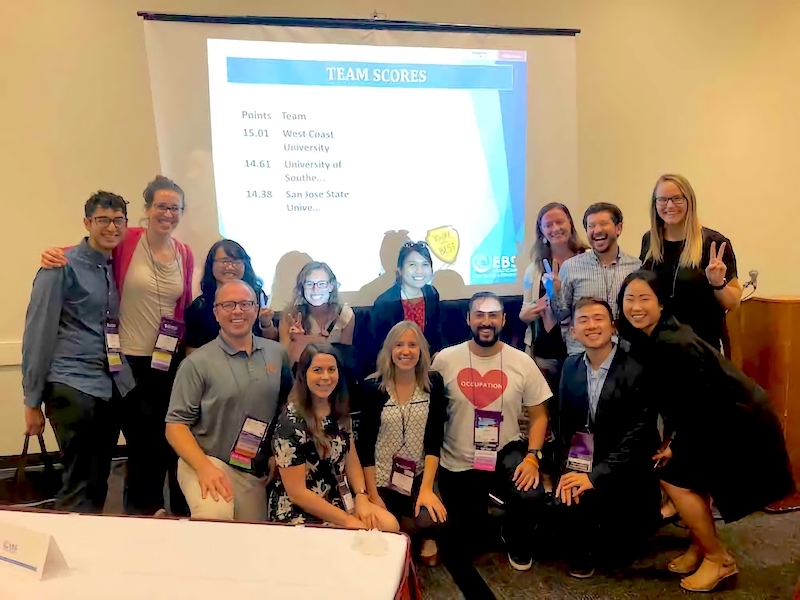
⋯
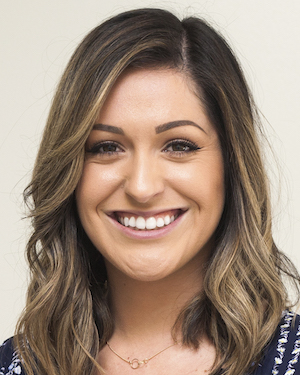
Fieldwork in Pediatric Mental Health ⟩
October 23, 2018, by Melissa
Hey everyone! I wanted to talk to you guys about my experience working in pediatric mental health, as I recently completed my full week for my level I fieldwork. For those of you that don’t know a lot about what fieldwork means and what that looks like in our program, Joyce does a great job of explaining it in her blog and you can also find additional information here.
I’m not sure how much you guys already know about OT’s role in pediatric mental health, but I knew very little before taking part in this internship. This is not your typical pediatric placement, as I don’t have an occupational therapist onsite, nor am I seeing children with specific developmental or intellectual disabilities. Instead, I work with children in the early intervention program that are between the ages of 3 and 5 who have been exposed to some sort of trauma. The trauma includes, but is not limited to, domestic violence, physical abuse, sexual abuse, psychological abuse, and being removed from the home. Because of this trauma, children exhibit behaviors that prevent them from being able to participate in a typical classroom setting. Thus, they are sent to the Los Angeles Child Guidance Clinic — where I am placed this semester — in hopes that receiving mental health services can help them get back to their previous school settings.
Young children exposed to trauma often do not have the ability to understand what they have gone through. Some may be removed from their homes for an extended period of time, and others may be adopted by someone in their extended family. This is all happening while they are trying to build healthy attachments with their caregivers, which is crucial to their psychosocial development. As a result, these children may present with aggressive behaviors or tantrums that stem from an inability to regulate how their body is feeling, and that is where OTs come in! Due to our expertise in sensory strategies and techniques, we are able to give children that are presenting with dysregulation the tools they need to successfully regulate their bodies and emotions.
My favorite part about our level I fieldwork experience is the full week, as I feel that that is when I get a true feel for what my role as an OT looks like at my placement. This semester has not been different, and I feel like I have a much better understanding of what OTs role in pediatric mental health looks like. Although I do not have an OT onsite to shadow, I feel confident in my understanding of OTs role. If you ever find yourself in a similar situation, don’t be scared! You have an excellent team behind you at USC, and you should use them whenever you can. My experience has been that sites truly value occupational therapy, and are always grateful to host students. If you ever have any questions about fieldwork, pediatric mental health, or being placed at a site without an OT, don’t hesitate to reach out!
⋯
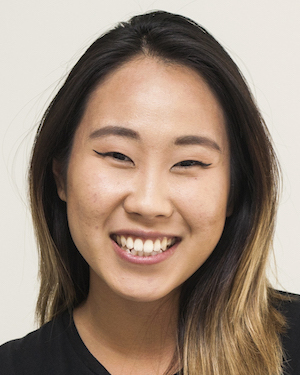
Fieldwork Meltdown ⟩
October 18, 2018, by Joyce
What is fieldwork anyways?
If you’ve talked to OTs or OTS you’ve probably heard this term thrown around. Overall, fieldwork is an out-of-classroom experience to practice your clinical reasoning and therapeutic skills under the appropriate supervision. The reason why I say “appropriate supervision” is because they may not always be an occupational therapist.
WHAT? HOW? WHY? OMG HOW WILL I BE AN OT?
I know, I had the same thoughts running through my head. To break it down, fieldwork experiences can be categorized into two levels, Level 1 and Level 2. To be clear, for your level 2 fieldwork, you must be under the supervision of a registered and licensed occupational therapist. However, for your level 1 fieldwork, your supervisor can vary. From my own personal experience, my first “CI” (clinical instructor as we call them in the OT world . . . not white collar criminal informant) was a life skills coach at ICAN California Abilities Network, a day program for adults with intellectual disabilities. In addition, a few of my peers worked under the supervision of a physical therapist, a certified occupational therapy assistant, or even a psychologist.
While your head might be spinning and your anxiety shooting through the roof, I learned that it’s okay. For your level 1 fieldwork, the objective is to gain an understanding of the needs of the clients. While each experience varies, most students use this time to observe and discuss with their CI the needs of the clients that they encounter and what treatment plans could look like. You never know what you can learn if you keep an open mind.
For example, this last week was my full week of Level 1 fieldwork, meaning instead of going to class, I was going to my fieldwork site, Children’s Hospital of Los Angeles USC University Center of Excellence for Developmental Disabilities (CHLA UCEDD). I experienced such an enriched week of learning that varied from observing to actively participating in treatment sessions. What prepared me for this fieldwork site was my first fieldwork at ICAN working with the life skills coach. I observed the ways they worked with the clients who had Autism, Down Syndrome, or Cerebral Palsy. Even though they weren’t occupational therapists, I took that time to really engage in conversations with the clients to get a tiny glimpse of what their life and daily routine was like. This built a strong foundation of communication and interpersonal skills that translated over to my fieldwork here at CHLA UCEDD. And because my clients at ICAN were 22+, I was able to see what life can be like for the children I see at my current fieldwork. This allowed me to start that clinical reasoning as to what skills should the individual be working on throughout their childhood and adolescence in order to be as independent as possible in their emerging adulthood years.
It took me a while to understand the meaningful lessons I gained from ICAN. Honestly, I was just really bitter about the fact that I wasn’t placed at a setting with an occupational therapist. However, upon reflection, have I continued to resent my placement and closed the door on many of the wonderful conversations that took place, I wouldn’t have had that knowledge to reflect back on when interacting with clients today.
⋯






